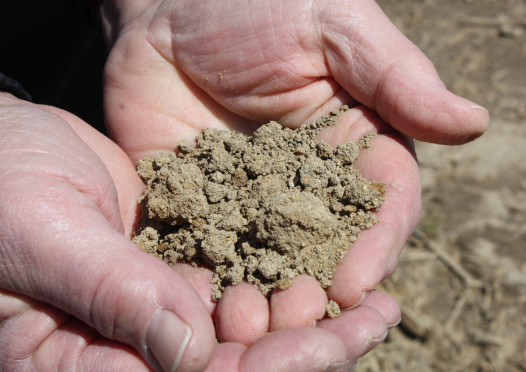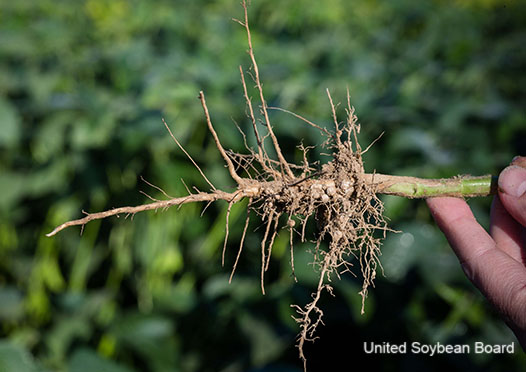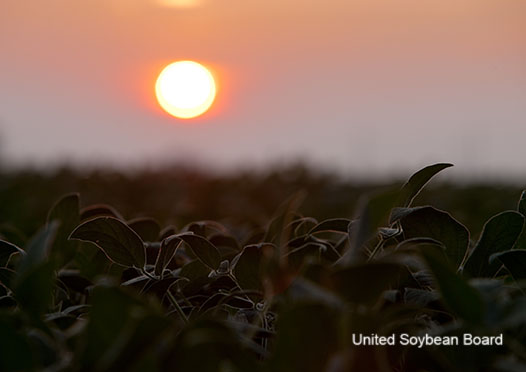ILSOYADVISOR POST
Agronomy: In-furrow Product Evaluation in Soybean in 2015
To evaluate the effectiveness and compatibility of various in-furrow products for soybean, field research trials were conducted at 2 locations in Wisconsin in 2015. These trials were conducted in a randomized complete block design with 18 in-furrow soybean treatments and a non-treated control that was replicated 4 times. The plots were planted in 15” rows at 140,000 seeds/a using soybean variety Asgrow 2035 treated with Acceleron® insecticide and fungicide seed treatments. Individual agronomic site data is shown in Table 1.

Products evaluated were selected based on grower, researcher, and company recommendations. A custom built plot planter with seed cone divider was used to plant the plots. All in-furrow treatments were liquid and were planted using a 5 gallon/a carrier rate. Product combinations were mixed in 3 liter plastic bottles and loaded on the planter one at a time. Statistically valid randomization was used and all 4 reps of each treatment were planted sequentially. A May Wes Rebounder with Y-not Split-it® seed firmer/fertilizer tube was used in the furrow to deliver the product to each side of the furrow above the seed. We did not observe any mixing or compatibility issues with the various products used.
Treatment data, significance of F values, and LSD (0.10) for soybean seed, protein, and oil yield, and plant density at two locations are shown in Table 2. Impact of in-furrow treatments varied by location. Significant differences in yield of grain and plant density were found at the Arlington location, and protein and oil at the Hancock location (Table 2). This research was funded by the Wisconsin Soybean Marketing Board.


Shawn P. Conley is an associate professor of agronomy and a soybean and wheat extension specialist, and John Gaska is an outreach specialist at the University of Wisconsin-Madison. This article originally appeared on Cool Bean Advisor, which is part of the University of Wisconsin-Extension, and has been reposted with permission.




Comments
Add new comment